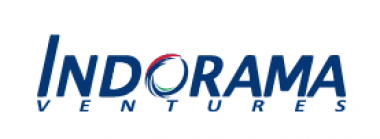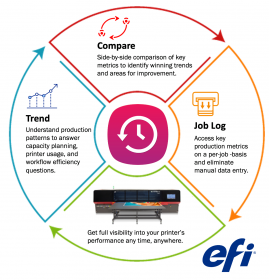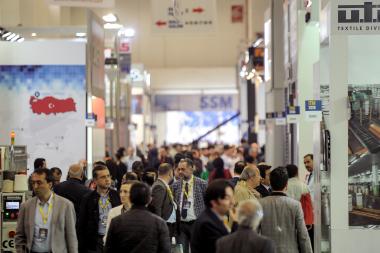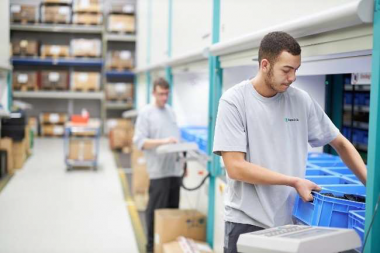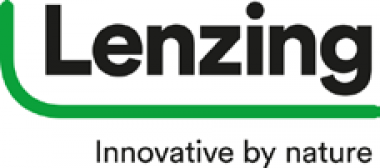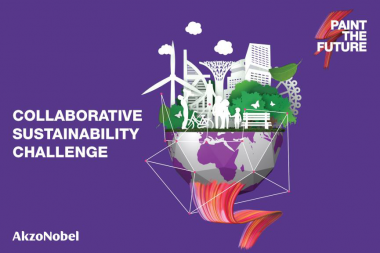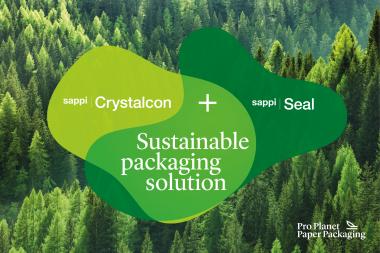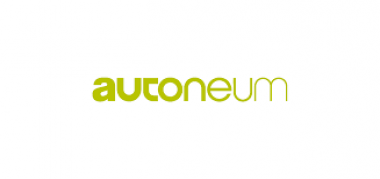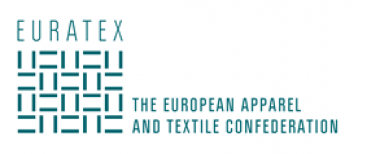Indorama Ventures reports results for 1Q22
Indorama Ventures Public Company Limited (IVL) reported a strong 1Q22 result, building on its record FY 2021 performance as the pandemic continued to retreat, driving demand across the company’s global integrated portfolio.
IVL achieved 1Q22 Core EBITDA of US$650 million, up 41% QoQ and 77% YoY, and a 4% increase in production volumes to 3.80 MMT. All three of IVL’s business segments grew as the company’s leading global position benefited overall in an environment of higher crude oil prices, increased ocean freight rates and a strengthening US dollar, led by resurging consumer demand and global mobility.
IVL’s Integrated Oxides and Derivatives (IOD) business benefits from a high crude oil price environment, as its shale gas advantage supports MTBE and MEG margins. As ocean freight rates increase, IVL’s PET and Fibers segments gain due to increased import parity pricing in Western markets, where about two thirds of its portfolio is situated. Management’s agile response to hedging and levying surcharges has helped to partially recuperate the surge in energy and utility costs in Europe as a consequence of the Russia-Ukraine conflict.
The re-opening of economies bodes well for demand across IVL’s portfolio. However, China’s ongoing pandemic lockdowns impacted downstream polyester demand resulting in weakened MEG spreads. IVL’s businesses trade in US dollars and a strengthening dollar has positive impact, reducing conversion costs in emerging economies where IVL has a strong local presence.
Combined PET segment reported Core EBITDA of US$435 million, up 63% QoQ and 67% YoY supported by the reset of PTA/PET contracts at the end of 2021. IVL expects the tight supply-demand environment to continue through 2022, boosted by the upcoming peak summer season.
IOD segment achieved Core EBITDA of US$126 million, up 3% QoQ and 258% YoY as MTBE margins benefited from higher crude oil prices, demand remains strong for downstream products, and as the commissioning of the Lake Charles cracker contributes to earnings in 2022. The integration of the Oxiteno acquisition, completed in April, will bring additional upside to IOD from 2Q22.
Fibers segment delivered Core EBITDA of US$85 million, an increase of 4% QoQ and 17% YoY. Demand across the three Fibers verticals is stable with domestic sales yielding better profitability, while higher freight rates weighed on margins on export volumes from Thailand, Indonesia and India, and increased energy and utility costs impacted European operations.
1Q22 Performance Highlights
- Consolidated Revenue of US$4,444M, an increase of 12% QoQ and 37% YoY
- Record Reported EBITDA of US$784M, a YoY growth of 63%, and Core EBITDA of US$650M, a YoY growth of 77%
- Production volumes up 4% YoY to 3.80 MMT
- Reported Net Profit of THB 14,070M, Core Net Profit of THB 10,578M
- Reported EPS of THB 2.47 (LTM1Q22: 5.98) and Core EPS of THB 1.85 (LTM1Q22:4.96)
- Record Core EBITDA Margin at 15%
Indorama Ventures Public Company Limited


